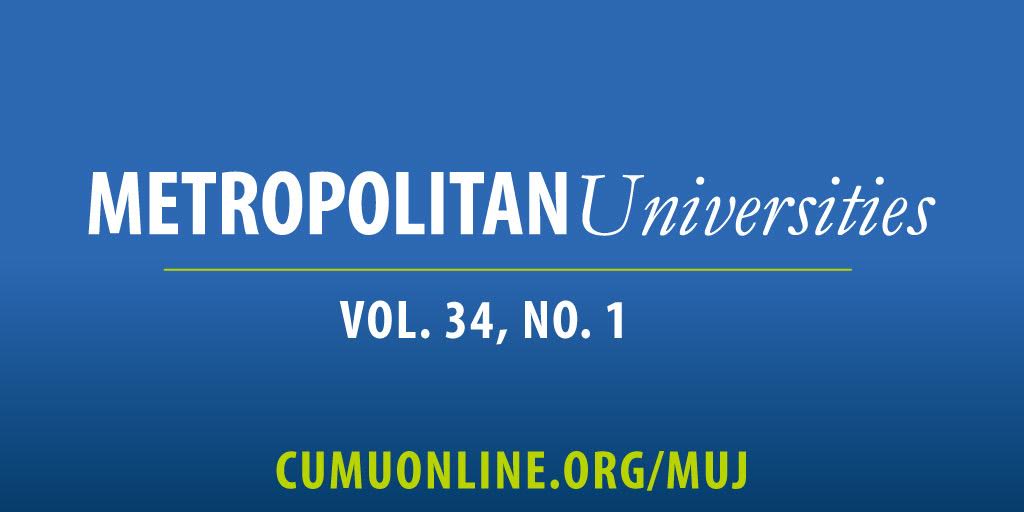Online Modules for Community Engaged Learning During a Global Pandemic
DOI:
https://doi.org/10.18060/26403Keywords:
virtual community engagement, community-engaged learning, online service learning, e-service learningAbstract
Context: In Summer, 2020, our team created virtual community-engaged learning (VCEL) modules, in response to the need to move classes to online and hybrid delivery styles during the height of the COVID-19 pandemic. These modules addressed engaged learning concepts, and were designed with faculty, students, and community partner organizations in mind. Challenge: This paper explores the challenges of creating and beta testing these VCEL modules, as well as the creative methods taken to produce high-quality content that would continue to serve students in the wake of the pandemic. Product: what emerged from this project is a unique set of self-contained learning modules in Canvas Commons that include built-in assessments, allowing students to demonstrate learning, and giving faculty members the ability to review engaged-learning theory and strategies, and to seamlessly integrate the virtual content into their online classes. Findings: Our beta test findings indicate that students generally had a positive experience with the content, and spent approximately two hours, on average, engaging with the material. In this reflective analysis of our process, we offer an explanation of the replicable process of creating VCEL modules and a description of the outcomes associated with the production and testing of the content therein.
References
Hervani, A. A., Helms, M. M., Raina, M. R., LaBonte, J., & Sarkarat, S. (2015). Service Learning Projects in Online Courses: Delivery Strategies. Journal of Learning in Higher Education, 11(1), 35–41.
Imperial, M. T., Perry, J. L., & Katula, M. C. (2007). Incorporating service learning into public affairs programs: Lessons from the literature. Journal of Public Affairs Education, 13(2), 243–264.
Mejia, A, P. (2020). Community-engaged learning in times of COVID-19, or, why I’m not
prepared to transition my class into an online environment. Public Philosophy Journal, 3, 1-6. https://doi.org/10.25335/PPJ.3.1-3
Ream, R. K. (2003). Counterfeit social capital and Mexican-American underachievement.
Educational Evaluation and Policy Analysis, 25, 237-262. https://doi.org/10.3102/0162373702500237
Revere, L., & Kovach, J. V. (2011). Online technologies for engaged learning: A meaningful
synthesis for educators. Quarterly Review of Distance Education, 12, 113-124. https://doi.org/10.4236/jss.2014.21006
Strait, J., & Sauer, T. (2004). Constructing experiential learning for online courses: The birth of
e-service. Retrieved July 7, 2022 from https://er.educause.edu/articles/2004/2/constructing-experiential-learning-for-online-courses-the-birth-of-eservice
Veyvoda, M. A., & Van Cleave, T. J. (2020). Re-imagining community-engaged learning:
Service-learning in communication sciences and disorders courses during and after COVID-19. Perspectives of the ASHA Special Interest Groups, 5, 1542-1551. https://doi.org/10.1044/2020_PERSP.20.00146
Walder, L., McGory, S., & Widener, M. C. (2012). E-service learning: The evolution of service
learning to engage a growing online student population. Journal of Higher Education Outreach and Engagement, 16, 123-150.
Downloads
Published
Issue
Section
License
Copyright (c) 2023 Alexander Lancaster, Barrett Bonella, Becky Gesteland, Patrick Tadlock, Richard Fry

This work is licensed under a Creative Commons Attribution 4.0 International License.



